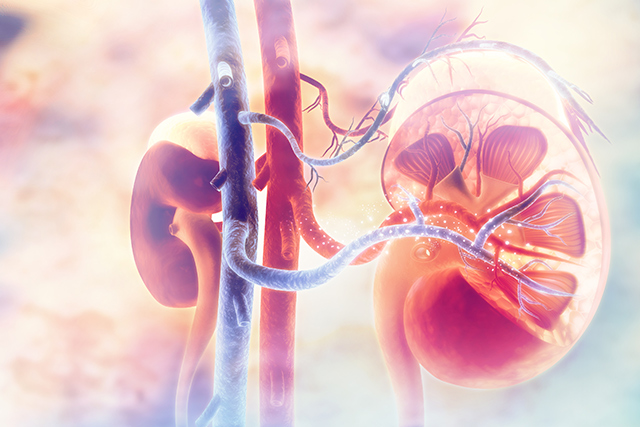4 Commonly overlooked symptoms of chronic inflammation and how to reverse them
10/20/2020 / By Divina Ramirez

Inflammation is an innate immune response to harmful stimuli like disease-causing pathogens, damaged cells and environmental toxins. In the presence of any of these, the immune system triggers an inflammatory response to help the body eliminate threats and start the healing process.
But inflammation can also be harmful if it persists for long periods. This can occur due to several reasons, such as poor nutrition and lack of exercise. If left unchecked, persistent inflammation can lead to several chronic diseases, such as heart disease, diabetes and cancer.
Common signs of chronic inflammation
Understanding persistent or chronic inflammation is the first step to treating it and preventing it from causing irreparable damage. But signs of chronic inflammation are often too subtle to notice, sometimes even appearing “normal” to unsuspecting individuals.
Therefore, catching these signs as early as possible can be crucial for preventing serious health conditions triggered by chronic inflammation. These signs include:
Thyroid imbalance
Chronic inflammation can cause hypothyroidism, or an underactive thyroid. This refers to a condition in which the thyroid gland is unable to produce enough crucial hormones.
If left untreated, hypothyroidism can affect an individual’s metabolism, cause fatigue and trigger depression. One tell-tale sign of thyroid imbalance or a dysfunctional thyroid is thinning hair or sudden hair loss.
Poor-quality sleep
Chronic inflammation can cause sleep disturbance and lead to sleep deprivation. When you lack sleep, it becomes more difficult to alleviate inflammation and induce your body to heal. This creates a vicious cycle of inflammation and poor sleep quality that, together, negatively affect overall health.
High stress levels
Frequent exposure to stressors leads to higher levels of cortisol, the body’s stress hormone. Stress also puts the body in its primal fight-or-flight mode. (Related: These supplements are proven to reduce cortisol levels.)
If the body is in a constant state of stress and cortisol levels are high all the time, over time the effectiveness of cortisol to regulate the immune system’s inflammatory response is greatly reduced.
Put simply, prolonged stress “teaches” the body to respond to stress via inflammation. Once the body becomes accustomed to this response, inflammation starts to harm cells and cause extensive damage.
Food intolerances
Food intolerances can also be indicative of stress and inflammation levels. Food intolerance is mediated by the immune system, such that eating a certain food you are sensitive to can trigger an inflammatory response.
Certain foods — especially unhealthy ones — are also notorious for triggering the release of chemical messengers called cytokines that promote inflammation.
Tips for alleviating chronic inflammation
Relieving chronic inflammation takes time. But making certain lifestyle changes and adopting healthy habits can speed up this process and minimize your risk of chronic disease. Here are some things you can try:
- Eat more anti-inflammatory foods – There are many foods that help alleviate inflammation. These include fruits, green leafy vegetables, lean sources of protein, nuts, seeds and fermented foods. Eat them regularly as part of a balanced diet.
- Minimize exposure to environmental toxins – Exposure to toxins from polluted air, chemicals from household products and additives in food can promote inflammation, increase disease risk and compromise overall health. Limit your exposure to these substances as much as you can.
- Exercise more – Regular exercise is ideal for reducing inflammatory blood markers. It also improves overall health.
- Learn to manage stress levels – Managing stress is key to keeping inflammation under control. To reduce and manage stress, practice meditation and stay on top of commitments.
- Get more sleep – Simply getting enough sleep can help keep inflammation at bay. For better overall health, aim to get eight to nine hours of uninterrupted sleep each night.
Chronic inflammation is a sign that you need to start making healthy lifestyle changes. Evaluate your current habits and choices and make the necessary changes to treat chronic inflammation for good.
Read more articles about about how to deal with chronic inflammation naturally at Healing.news.
Sources include:
Tagged Under: chronic inflammation, disease causes, food intolerance, healing, immune system, natural health, poor sleep quality, remedies, stress, thyroid imbalance, tips
RECENT NEWS & ARTICLES
Natural.News is a fact-based public education website published by Natural News Features, LLC.
All content copyright © 2018 by Natural News Features, LLC.
Contact Us with Tips or Corrections
All trademarks, registered trademarks and servicemarks mentioned on this site are the property of their respective owners.




















